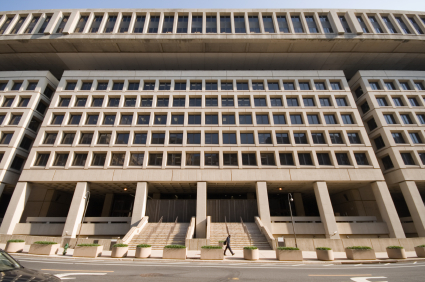By Steve Neavling
The Justice Department is asking a judge to dismiss the criminal case against former national security adviser Michael Flynn after President Trump’s sweeping pardon.

The Justice Department delivered to the court the formal language of the pardon order, which shields Flynn from “any and all possible offenses arising from the facts set forth … or that might arise, or be charged, claimed or asserted” in connection with special counsel Robert Mueller’s Russia investigation.
U.S. District Judge Emmet Sullivan has been presiding over the case for the past three years and is considering the Justice Department’s request to dismiss the charges.
Some legal experts said Trump’s pardon is one of the broadest in American history.
“Pardons are typically directed at specific convictions or at a minimum at specific charges,” Margy Love, former pardon attorney for Presidents George H.W. Bush and Bill Clinton, who now leads the Collateral Consequences Resource Center, told Politico. “I can think of only one other pardon as broad as this one, extending as it does to conduct that has not yet been charged, and that is the one that President Ford granted to Richard Nixon.”
“In fact, you might say that this pardon is even broader than the Nixon pardon, which was strictly cabined by his time as president,“ Love said. “In contrast, the pardon granted to Flynn appears to extend to conduct that took place prior to Trump‘s election to the presidency, and to bear no relationship to his service to the president, before or after the election.“
Flynn, 61-year-old retired lieutenant general, is Trump’s first national security advisor and was the target of Mueller’s investigation into Russian interference in the 2016 presidential election. Flynn pleaded guilty in December 2017 to lying to the FBI about his contacts with Russia. But he later fired his attorneys and asked to withdraw his guilty plea, claiming he was entrapped by the FBI and Justice Department.




